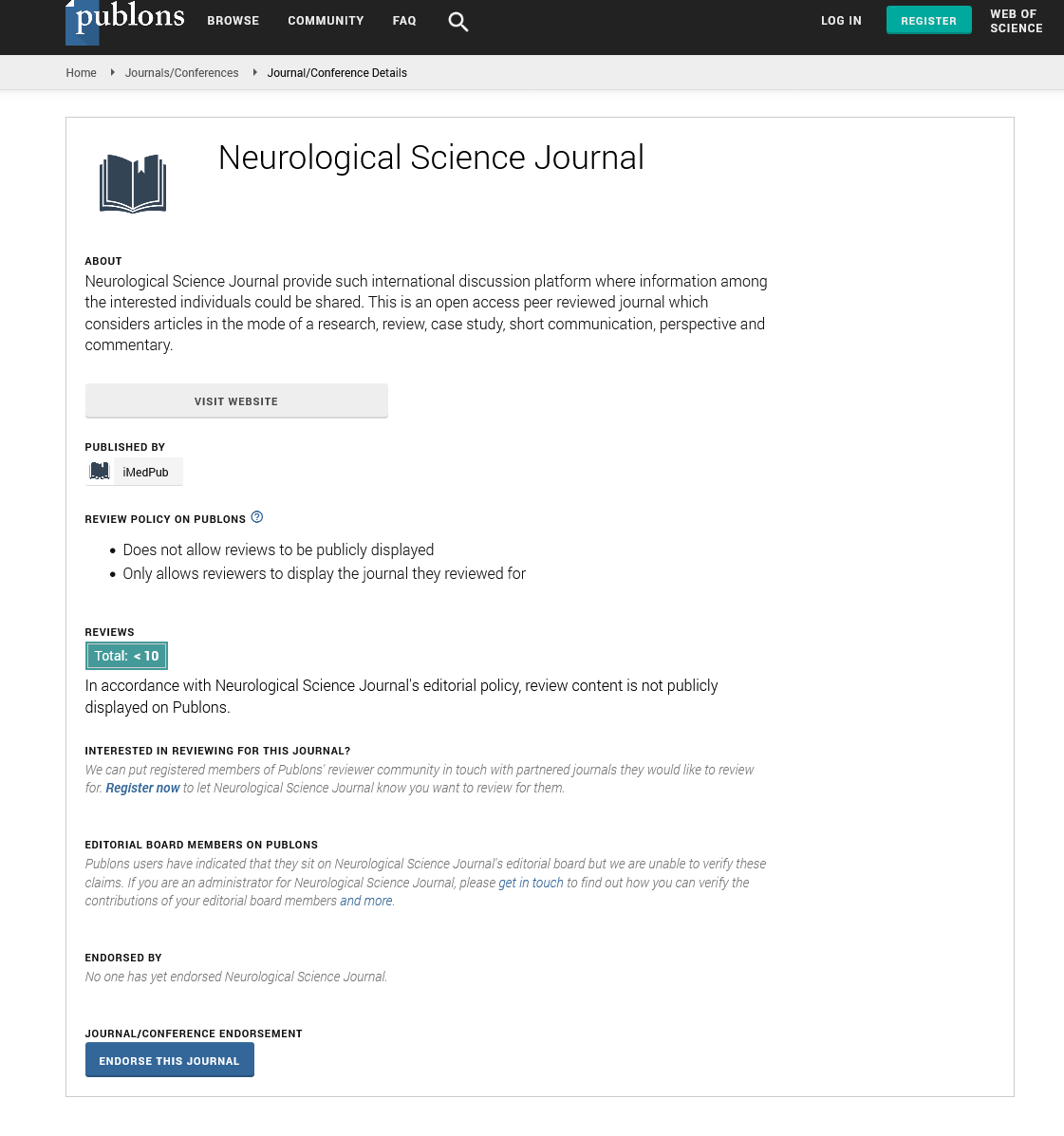Abstract
Mechanisms of change and therapeutic effects in psychodynamic and cognitive-behavioral therapy for patients with Dual disorders: Alcohol use and depression.
Background: Major depressive disorder (MDD) is a pervasive psychiatric disorder associated with significant disability, mortality, and economic burden. Psychodynamic therapy (PDT) and cognitive behavioral therapy (CBT) have been shown to be equally effective for patients with dual pathologies such as alcoholism and depression. However, many patients do not respond adequately to either treatment. In order to offer individual treatment, it is necessary to know whether certain patients benefit more from one of the two treatments. Currently, little is known about the characteristics of patients that may be associated with different outcomes for CBT and PDT, and the therapeutic processes and mechanisms that provide improvements in each treatment setting. Currently, only theoretical hypotheses, poorly supported by research findings, describe what is likely to moderate the effects of treatment for CBT and PDT. The overall objective of this study is to examine the profound affective and cognitive change in patients with dual pathology in CBT and PDT and to strengthen the evidence base on who and how these therapies work in a representative sample of affected patients. of Bipolar disorders type. METHODS: 50 patients with depressive disorder associated with alcohol dependence will be randomly assigned to CBT or PDT. Patients will be treated over a 15-week period with CBT (one weekly session over 8 weeks and three monthly strengthening sessions) or PDT (one weekly session over 14 weeks). Patients will be assessed at baseline, during treatment, at the end of treatment and during follow-up examinations after 6 months and 1 year of treatment. A large number of questionnaires classified by patient and observer (pre-specified mediators and putative mediators) are included. Discussion: The clinical outcome of this study may be a better guide for clinicians when deciding what type of treatment to provide to an individual patient. In addition, the study aims to increase our knowledge of the mechanisms that lead to amelioration of symptoms in depressed alcoholics and to increase psychosocial functioning.
Author(s): Jaouad SAIDI
Abstract | Full-Text | PDF
Share This Article
Google Scholar citation report
Citations : 11
Neurological Science Journal received 11 citations as per Google Scholar report
Neurological Science Journal peer review process verified at publons
Abstracted/Indexed in
- Google Scholar
- Publons
Open Access Journals
- Aquaculture & Veterinary Science
- Chemistry & Chemical Sciences
- Clinical Sciences
- Engineering
- General Science
- Genetics & Molecular Biology
- Health Care & Nursing
- Immunology & Microbiology
- Materials Science
- Mathematics & Physics
- Medical Sciences
- Neurology & Psychiatry
- Oncology & Cancer Science
- Pharmaceutical Sciences
